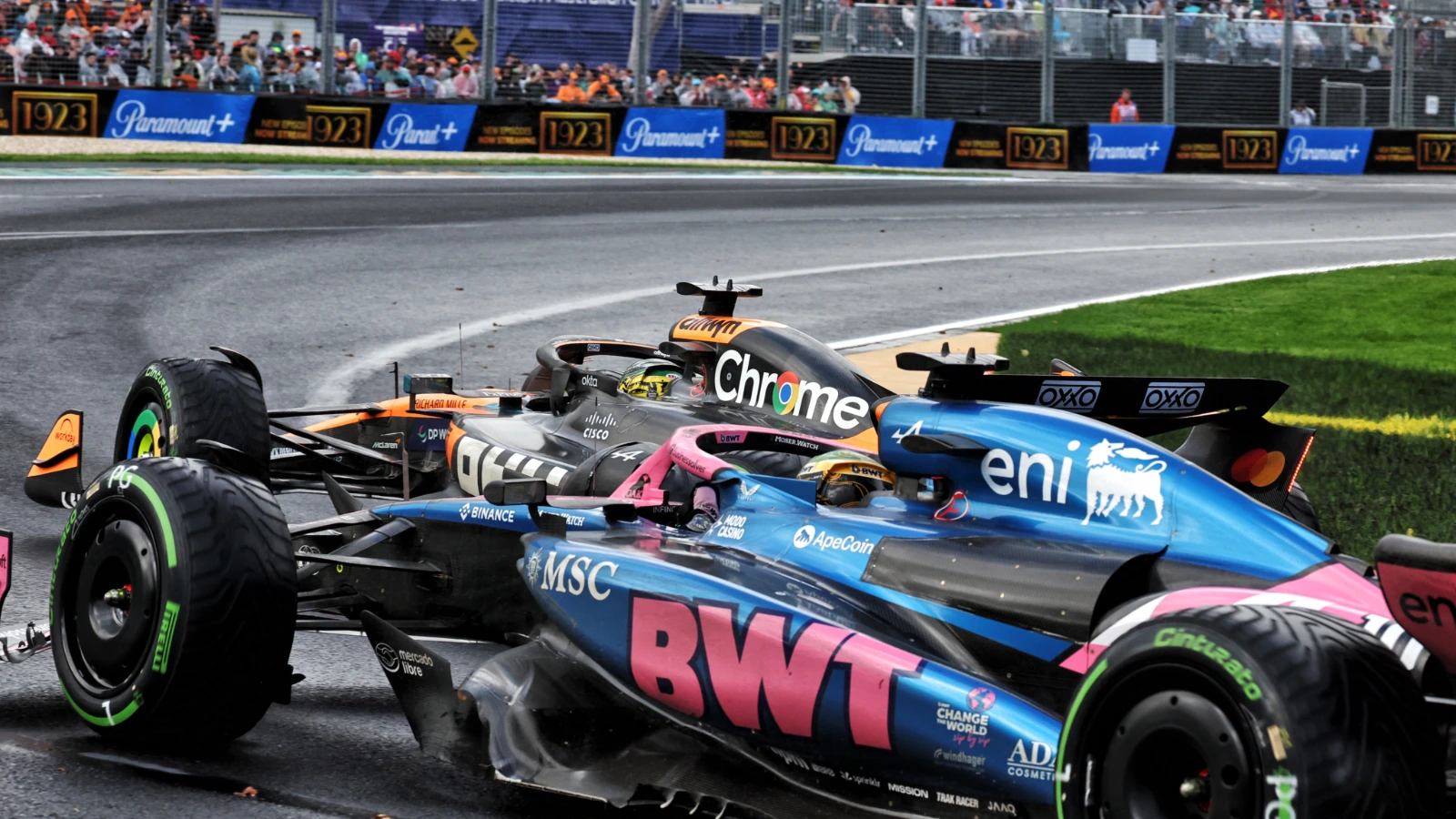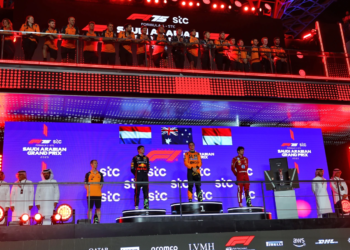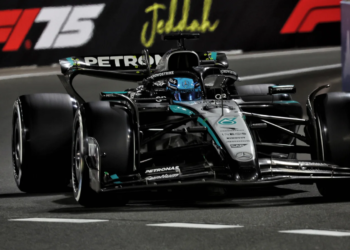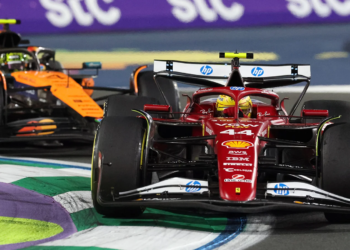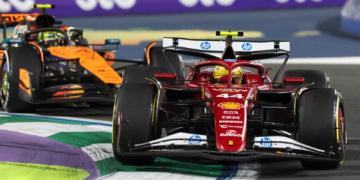Mercedes’ three Formula 1 customer teams are said to suffer if the proposed engine regulations for the upcoming 2026 season are shelved.
McLaren, along with Williams and Alpine, has been warned by engine supplier Mercedes that discussions regarding keeping the current engine regulations, instead of switching to the mooted revised version of the current turbo hybrids, will cause a myriad of complications.
This particular issue has arisen from the additional discussion around reintroducing V10s from 2028, pondering if bringing in new engines for next year would be worth it, given they would only run for two seasons.
The current turbo hybrids would be replaced by tweaked equivalents, which have the MGU-H systems removed and more reliance on the electric part of the powertrain, as well as the use of sustainable fuels.
Mercedes Team Principal Toto Wolff, who by extension carries significant interest in the engines’ customers, had rebuffed any suggestion that changes ought to be made, given the manufacturing nightmares it would trigger.
“It’s impossible. I think simply by the sheer fact that we don’t have the hardware anymore,” he told The Race.
“We don’t have the dynos, nor the batteries. None of that is existent.
“I think we could probably make an engine for us as a works team, but the rest is just simply impossible.
“As an engine manufacturer, we have long lead times to prepare for it, so that needs to be considered. And even if we were keen on doing things [suppling customers], there’s just some things that are simply impossible.”
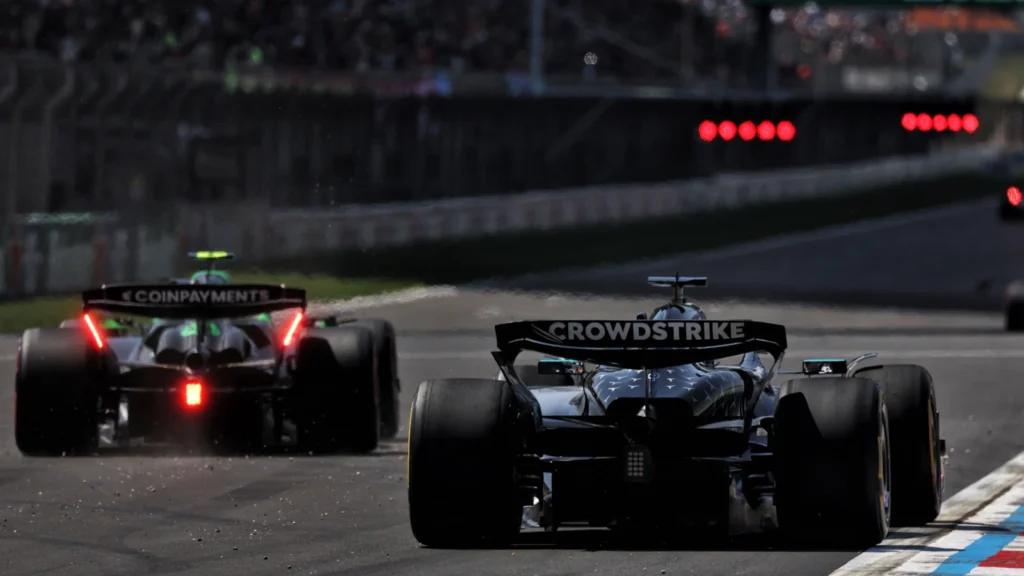
F1 OEMs on red alert as FIA quick to stifle rumours of panic
The Original Engine Manufacturers in F1 – Ferrari, Mercedes, Honda and Red Bull – have spent a great deal of resources and time trying to try and perfect their interpretation of the 2026 engines, and it is difficult enough for firmly established organisations such as those.
However, it would be even worse for newcomers Audi, who have already made a public rebuke of any such change to the plans that have been firmly in place for some time.
A statement released by Audi to select media including Motorsport Week said: “The upcoming regulation changes, including the new hybrid power unit regulations set for the 2026 season and beyond, were a key factor in Audi’s decision to enter Formula 1.
“These power unit regulations reflect the same technological advancements that drive innovation in Audi’s road cars.”
Conversations about V10 engines are not only coming from a popular circle of F1 fans who are nostalgic about them, but there is also a sense that, given that it is now proven that sustainable fuels work well on them [shown by Sebastian Vettel’s demo runs over the last few years], it is easier and cheaper to make and run.
Given that this has also started speculation about the potential lack of appetite for the upcoming engine regulations, FIA single-seater director Nikolas Tombazis has been quick to quell the growing sense of worry amongst the OEMs.
“I don’t share, and we don’t share, the view and the scaremongering about the ’26 regulations,” he said.
“There’s certainly challenges, and we’ve worked with the teams and the PU manufacturers to sort them out.
“There’s still a bit of work to do to sort out some details, but I think there will be cars racing closely with each other, able to fight each other and using driver skill. So fundamentally, I don’t share the panic stories.”
READ MORE – Toto Wolff: F1 ‘at risk of diluted messaging’ with ‘premature’ V10 engine revival talk

